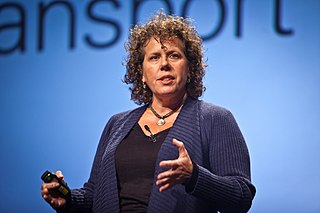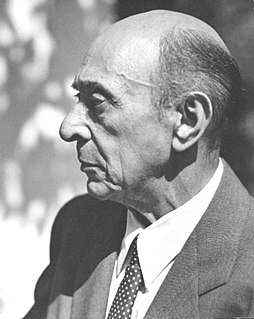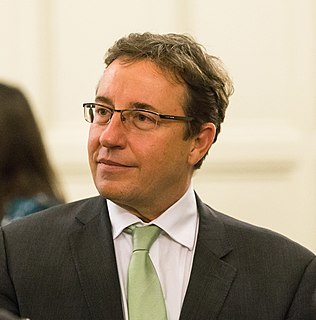A Quote by Edward Norton
I think that the environmental movement is wisely moving away from a largely emotion-based argument for the spiritual or intrinsic value of Nature with a capital "N" and evolving toward a very hard-nosed case for the economic value of natural capital, ecosystem services, biodiversity, etc.
Related Quotes
Most of us still believe in the intrinsic value of nature, but I think the first century of the environmental/conservation movement demonstrated pretty clearly that this value cannot compel a civilization-wide shift toward sustainable behavior and enterprise when stacked up against the urgent economic and social needs of 7 billion people, most of whom are struggling to get out of poverty.
Throughout the industrial era, economists considered manufactured capital - money, factories, etc. - the principal factor in industrial production, and perceived natural capital as a marginal contributor. The exclusion of natural capital from balance sheets was an understandable omission. There was so much of it, it didn't seem worth counting.
In essence, the stock market represents three separate categories of business. They are, adjusted for inflation, those with shrinking intrinsic value, those with approximately stable intrinsic value, and those with steadily growing intrinsic value. The preference, always, would be to buy a long-term franchise at a substantial discount from growing intrinsic value.
GDP has been a con perpetrated upon the poor of the world: a measure of economic activity and not of actual wealth. What it masks is the way in which we transform their natural capital into our consumption through international rules that regard the ecosystem services upon which they rely as mere externalities.
The "environmental movement" is becoming an economic movement, is joining the social justice movement, is becoming a sustainability movement. It's leaving behind the "People's Needs versus Nature's Needs" conflict in favor of making the case for environmental health as the essential underpinning of prosperous and stable human civilization.
Intrinsic value can be defined simply: It is the discounted value of the cash that can be taken out of a business during its remaining life. The calculation of intrinsic value, though, is not so simple. As our definition suggests, intrinsic value is an estimate rather than a precise figure, and it is additionally an estimate that must be changed if interest rates move or forecasts of future cash flows are revised.
I come from a family of conservation activists, and so I've had a strong connection to nature all my life. My father has been a leader within the movement for over thirty years and has taught most of what I know about environmental conservation. While he would always take me hiking, camping, and rafting, he also taught me that the spiritual value of the outdoors alone is not enough to save nature against economic interests.
































